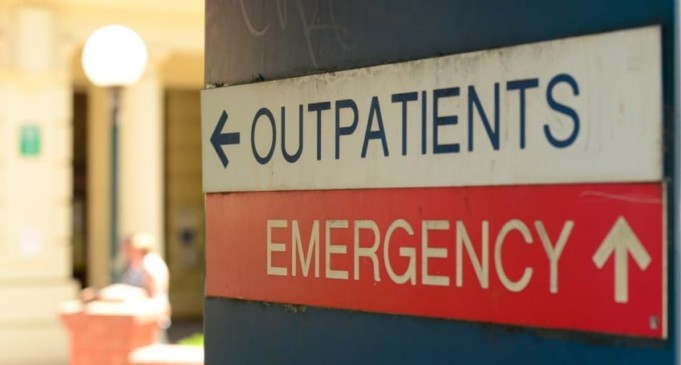Medical and health emergencies can happen at any time – even if you are healthy and have no prior conditions. While it is impossible to predict when an emergency may take place, what you can do is be prepared so that if and when they do happen you are able to deal with them.
Considering time is often an important factor when handling an emergency, being prepared may make a huge difference. With that in mind, these tips should ensure that you have all your bases covered:
Make sure you have a well-stocked first aid kit
Always make sure that there is a well-stocked first aid kit somewhere nearby that contains all the essentials that you may need in an emergency. That includes antiseptic, burnol, sterile cotton and gauze, smelling salts, plasters, bandages, and painkillers.
Having these items on hand should help you to deal with most scrapes, cuts, burns, and so on – and you check your kit periodically to make sure none of them are expired.
Get insurance coverage and know the details of your plan
It is important that you invest in insurance or have some sort of coverage in case of an emergency. Medical costs nowadays can be extremely high for some treatments and procedures, and the last thing that you want is to have to worry about money in an emergency. If you already have insurance, make sure you know the specifics of your plan and what it covers, and always carry your medical card with you if you have one.
Keep emergency contact forms updated and have personal details on you
Normally your workplace will require you to submit an emergency contact form and you should always ensure it is up to date with the latest information. Ideally your emergency contact form should list not just who to contact, but also your healthcare provider, insurance details, current medications, allergies and other pertinent information. It helps to also carry a copy of these details on you at all times, just in case of an emergency.
File away medical records properly
Many people often throw away old medical records and prescriptions, but you should generally never do so. Instead be sure to keep all your old medical records and file them away, including any scans, X-rays, and other documents that you may have had to obtain. It can help to have these documents available in an emergency where your medical history may need to be scrutinized.
Keep important numbers stored and easily accessible on your mobile phone
In an emergency you may need to quickly call your doctor’s office or an ambulance, and so it is important that you can do so without having to spend a lot of time looking up those numbers. The same also applies to other emergency services, such as your local police, fire station, and so on.
Get some basic CPR and life support training
If you want to really be prepared then it can’t hurt to have some formal training. It shouldn’t be too hard to find a formal CPR course in your area, and most hospitals tend to offer a course. If you want you may even be able to go for a more comprehensive emergency training that covers a variety of situations, but CPR and life support training should be more than enough in most situations.
Hopefully you now have a good idea of some of the things that you can do to ensure you’re prepared in case of an emergency. Needless to say it would be preferable to never have to encounter a health emergency, but if one ever does happen it is doubtlessly better to be prepared than not.
With these tips you should have all the important information that you need readily on hand, or someplace that you can access during an emergency. Additionally the fact that you are prepared will also ease your mind if and when an emergency takes place, and could put you in a better frame of mind to handle it in a calmer fashion. In short, if you haven’t acted on these tips yet – you should start to do so a lot sooner rather than later.












